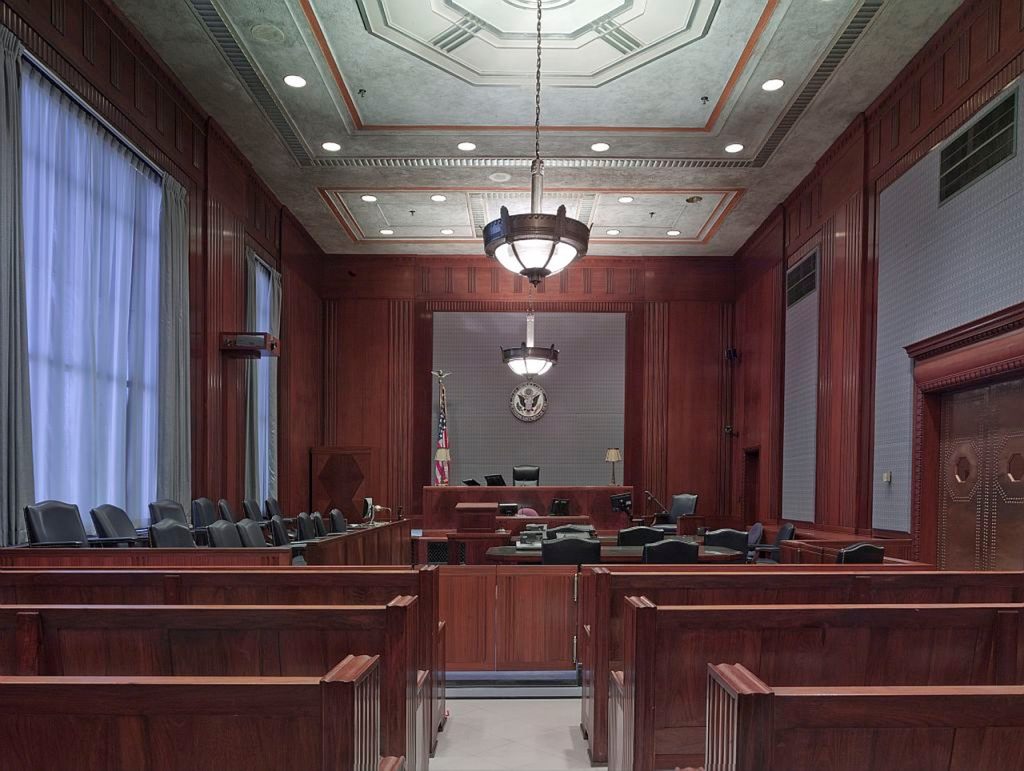If you’ve won a legal judgment — whether from a personal injury, wrongful death, or civil liability case — you deserve to collect the compensation awarded to you. But even after a judgment is entered in your favor, collecting that money isn’t always immediate or easy. When years pass without full payment, you may be at risk of losing your legal right to enforce it. In Washington State, court judgments don’t last forever.
Whether you’re still waiting to be paid or you’re unsure about the status of an older judgment, it’s critical to understand how long a judgment remains enforceable and what steps you can take to preserve your right to collect. This guide explains Washington’s statute of limitations on judgments and how to protect what you’re owed before time runs out.
What Is a Judgment?
A judgment is a final court order that determines the outcome of a legal dispute. It confirms who is legally responsible and how much must be paid to satisfy damages. In personal injury and wrongful death cases, a judgment is often the result of hard-fought litigation, establishing your right to compensation for medical expenses, pain and suffering, lost wages, and more.
Once entered by the court, a judgment becomes enforceable, meaning you have the legal authority to collect the amount owed using tools like wage garnishment, property liens, or bank levies. But that enforcement power comes with an expiration date.

How Long Does a Judgment Last in Washington?
In Washington State, judgments are enforceable for 10 years from the date they are entered. During this 10-year window, you, as the judgment creditor, can take legal action to recover what is owed. If the full amount hasn’t been collected, you must act before the judgment expires to preserve your rights.
After 10 years, the judgment becomes “stale,” and enforcement mechanisms like garnishment or property seizure are no longer available — unless the judgment is renewed in time.
How to Keep a Judgment Enforceable: Renewal and Revival
Thankfully, Washington law allows judgments to be renewed once every 10 years. Renewal must happen before the original 10-year period expires, so it’s crucial to keep track of the entry date and plan ahead.
Renewing a judgment typically involves:
- Filing a motion to renew with the court
- Providing evidence that the judgment remains unpaid
- Notifying the debtor of the renewal
In some cases, enforcement actions taken before the expiration — such as garnishing wages or placing a lien — can extend the judgment’s effect. However, the safest and most direct route is to file for renewal before the deadline passes.
If your judgment is close to expiring or if you’re unsure of its current enforceability, speaking with an experienced attorney is a wise move.
What Happens If a Judgment Expires?
If the 10-year deadline passes and the judgment is not renewed, it becomes legally unenforceable. This means:
- You can no longer use court processes to collect the money owed
- You lose access to garnishments, liens, or bank levies
- The debt may still exist — but you’ve lost the legal power to force payment
An expired judgment also cannot be renewed retroactively, so once it lapses, you may permanently lose your ability to recover the compensation you are owed.
That’s why it’s critical to act before expiration. In high-stakes personal injury or wrongful death cases, where judgments can total in the tens or hundreds of thousands of dollars, letting a judgment expire could mean walking away from the justice you fought hard to achieve.
Statute of Limitations on Judgments in Washington
The statute of limitations for enforcing a judgment in Washington is 10 years — unless renewed. Here’s what you need to know:
- Judgments are renewable once per 10-year period
- You must file for renewal before expiration
- Failing to renew will forfeit your legal rights to collect
- Some judgments, such as for taxes, may follow different rules
For injury victims and their families, the expiration of a judgment can be a painful loss, especially after years of waiting. Don’t let a missed deadline undermine your case.
Why Renewal Matters for Injury Victims
If your judgment stemmed from a personal injury, catastrophic injury, or wrongful death claim, there’s often more at stake. These cases usually involve:
- Substantial unpaid medical expenses
- Long-term loss of income or support
- Emotional damages tied to trauma or loss
In many cases, the judgment remains unpaid simply because the defendant has delayed or dodged payment. But with a timely renewal, you can keep the pressure on and regain the ability to collect using legal enforcement tools.
An attorney can also help you evaluate whether revival is possible in limited situations and ensure your paperwork is filed correctly and on time.
Protect What You’re Owed — We’ll Help You Take the Next Step
You fought hard to win your case. Don’t let that effort go to waste because of an overlooked deadline. If your judgment is nearing its 10-year expiration — or has already expired but you’re unsure of next steps — Ron Meyers and Associates is here to help.
Our legal team can:
- Determine your judgment’s enforceability status
- File timely renewal paperwork
- Help you pursue unpaid compensation through garnishments, liens, or bank levies
- Explore legal options if your judgment has already expired
Contact Ron Meyers and Associates today for a confidential consultation. We’ll review your situation, help you act before time runs out, and fight to ensure the justice you earned doesn’t slip away. Let’s work together to protect your rights and recover the compensation you deserve.






